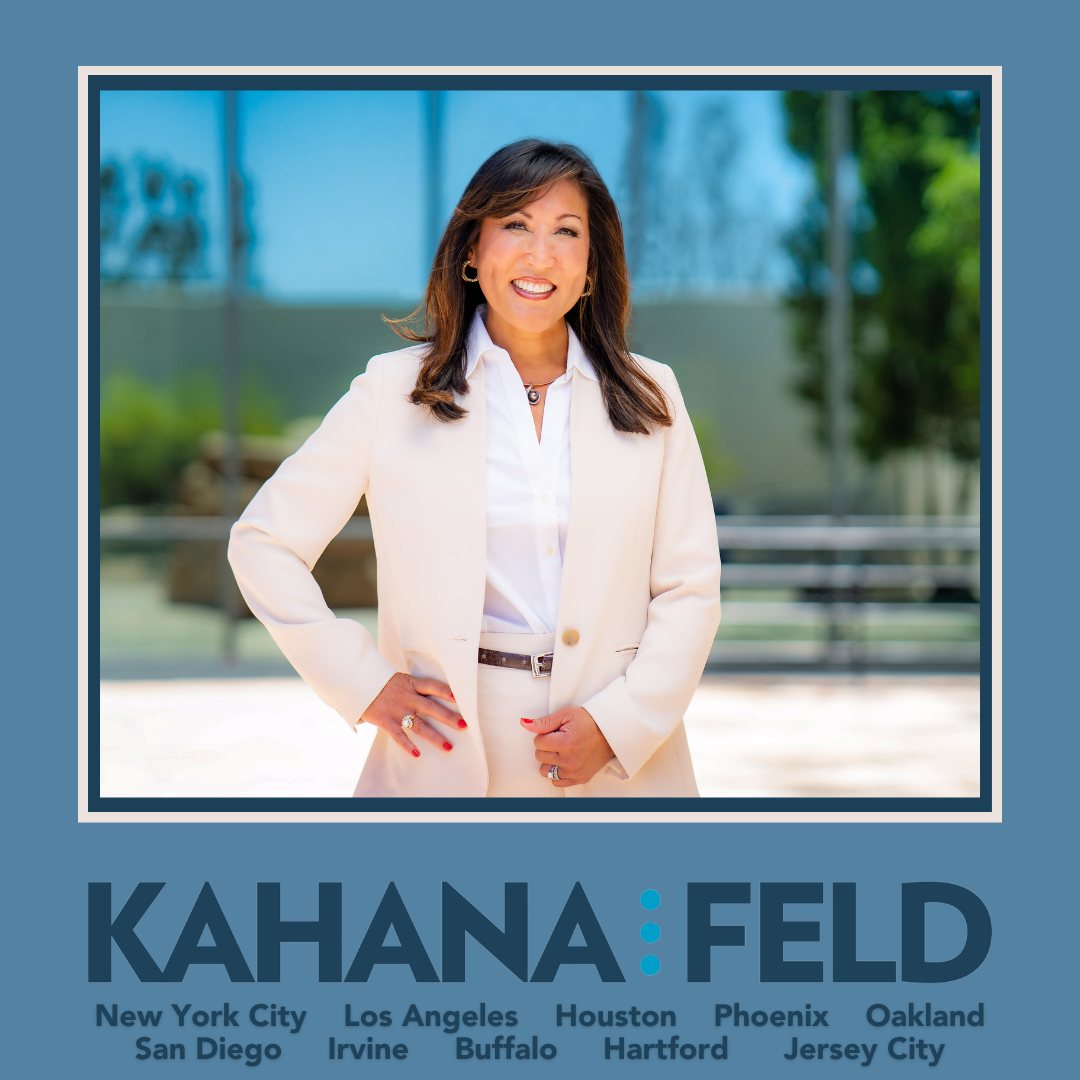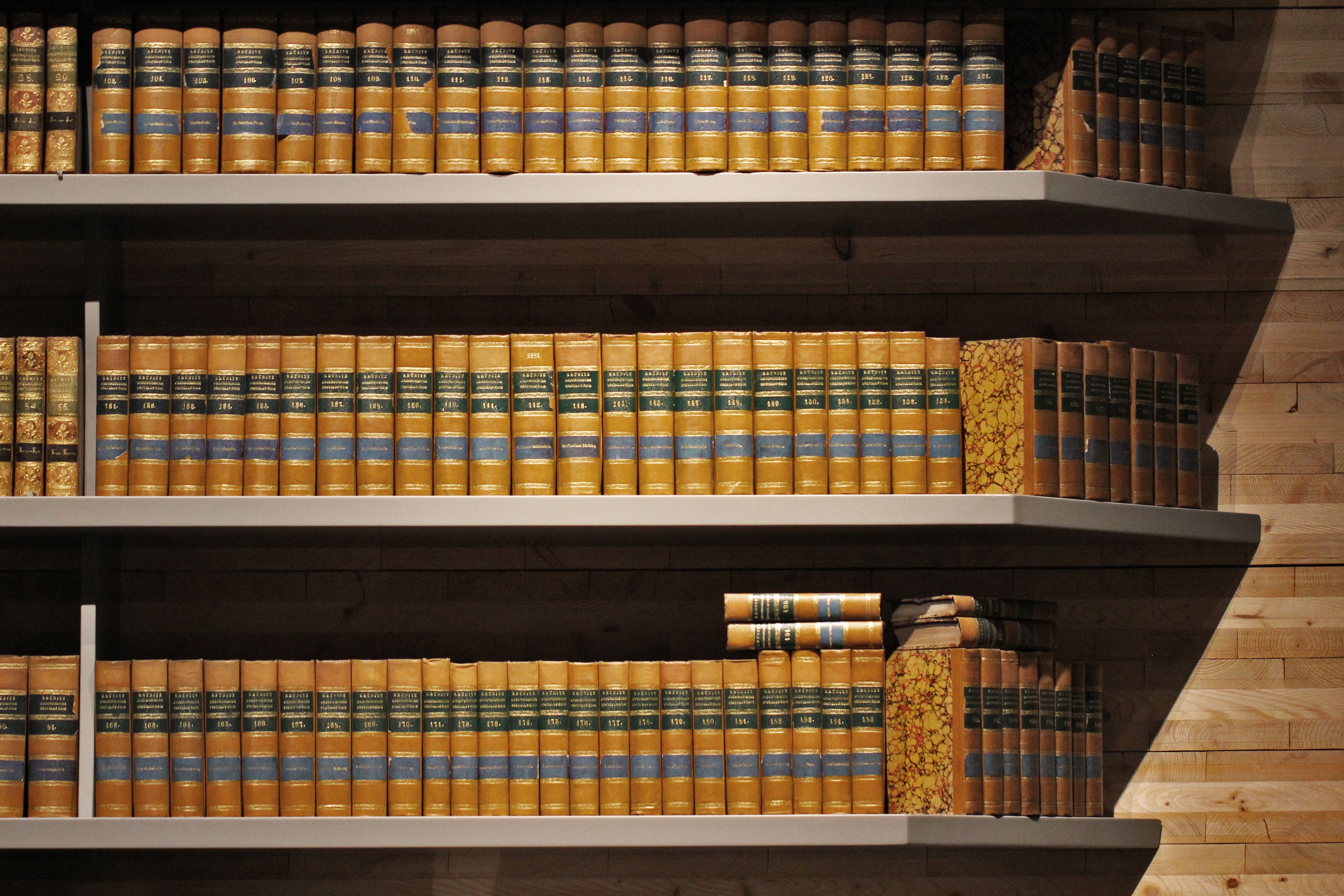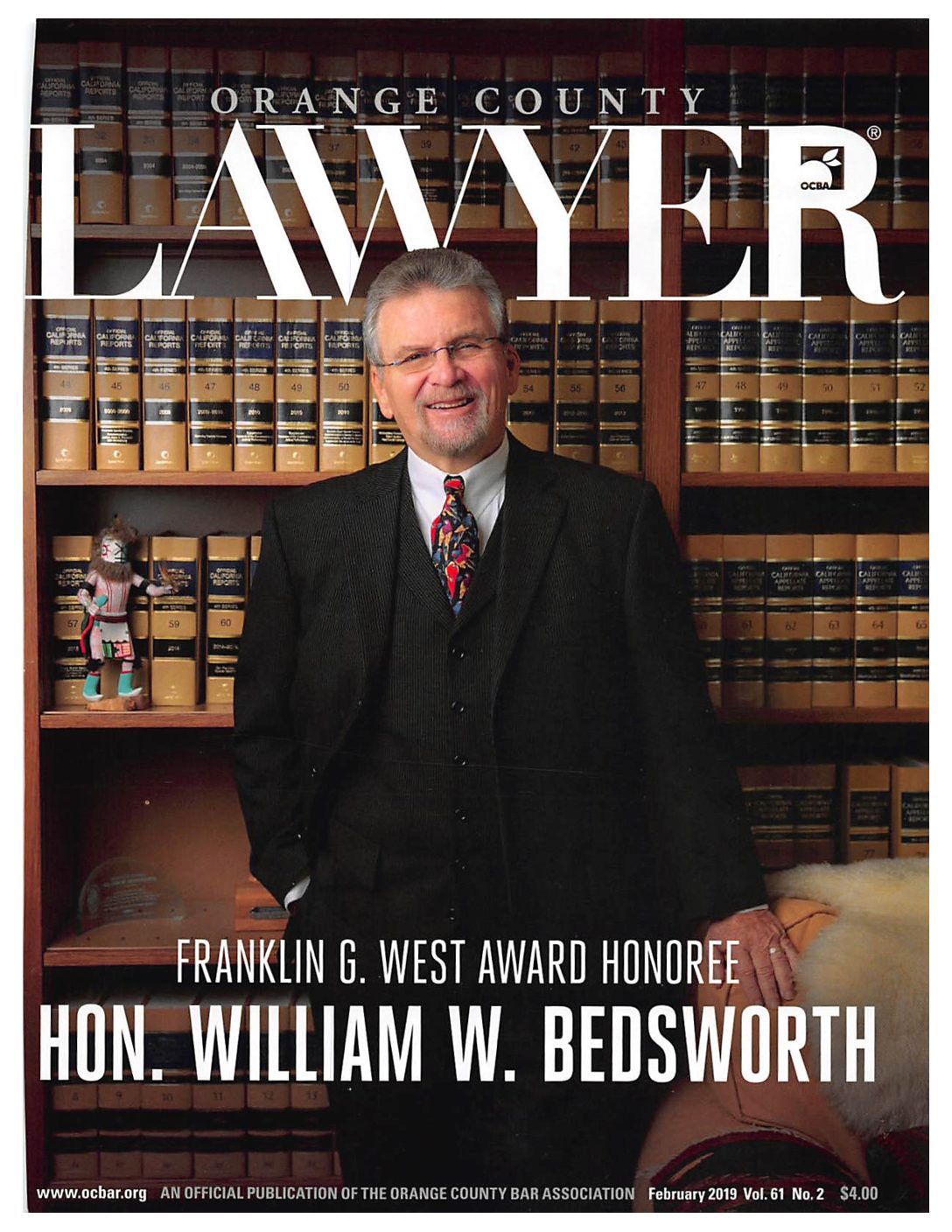On August 13, 2018, the California Supreme Court (“Supreme Court”), in a unanimous decision authored by Justice Mariano-Florentino Cuellar, said courts “have a responsibility to guard against consumer loan provisions with unduly oppressive terms,” including interest rates, even though California’s Financial Code (“CFC”) allows lenders to charge whatever the market will bear for loans over $2,500.00.
In a class action brought by CashCall Inc.’s borrowers before the United States District Court, Northern District of California, the plaintiffs sued the company alleging loan rates and other terms were unconscionable under California’s Unfair Competition Law (i.e., California Business and Professions Code § 17200) (the “UCL”). The plaintiffs had borrowed money from CashCall at rates of 96% or 135% between 2004 and 2011.
The District Court certified the class as borrowers who obtained loans from CashCall of at least $2,500.00 with an interest rate of 90% or higher. CashCall’s motion for summary judgment was denied by the District Court as it believed there were factual disputes regarding procedural and substantive unconscionability inquiries. CashCall subsequently filed a motion for reconsideration, which the District Court granted. The District Court decided the UCL could not be used as the basis for plaintiffs’ unconscionability claim because the Court would then be required to “regulate economic policy.”[1]
Plaintiffs appealed to the United States Court of Appeal for the Ninth Circuit. After reviewing the parties’ arguments, the Ninth Circuit asked the Supreme Court whether the interest rate on consumer loans of $2500 or more governed by CFC § 2303 can render the loans unconscionable under CFC § 22302.[2] The Supreme Court answered that “an interest rate on consumer loans of $2,500 or more may be deemed unconscionable under Financial Code section 22302.”
CFC § 22303 sets maximum interest rates only on loans less than $2,500, however the Supreme Court ruled that “just because loans of at least $2,500 are not subject to a numerical ceiling on the interest rate does not mean that they cannot be found unconscionable.” The unconscionability doctrine was applied to all consumer loans by the Supreme Court through CFC § 22302. It found the first subdivision applies the unconscionability doctrine to consumer loans. Section 1670.5 of the Civil Code is the statutory codification of California’s unconscionability doctrine. The California Supreme Court also found that “an unconscionable loan violates the consumer lending law and subjects the lender ‘to remedies specified in [California Financial Code § 22302(b)].” The Supreme Court determined that “Not only does section 22302 apply the unconscionability doctrine to consumer loans, it applies the doctrine to ‘the provisions of a loan contract,’ one of which is undeniably the interest rate on the loan.”
CashCall correctly pointed out that there is no private right of action to enforce the remedies of this division. However, the Supreme Court stated plaintiffs did not bring a claim under the CFC, but rather the UCL, which is premised on unlawful business conduct. The Supreme Court further ruled, “Section 22302 supplies the requisite ‘violations of other laws’ by making ‘[a] loan found to be unconscionable’ a violation of the Financing Law. (citation omitted). The UCL, in turn, makes that violation ‘independently actionable.’” The remedies available under the UCL are restitution and injunctive relief, but it does not provide for the recovery of attorney’s fees.
In order to prove unconscionability, plaintiffs will need to show oppression or surprise (i.e., procedural unconscionability), along with the overly harsh or one-sided results that epitomize substantive unconscionability. Armendariz v. Foundation Health Psychcase Services, Inc. (2000) 24 Cal.4th 83, 114. As the Supreme Court stated, “An unconscionability determination does not generally depend on a single factor, and tends to be ‘highly dependent on context.’” Sanchez v. Valencia Holding Co., LLC (2015) 61 Cal.4th 899, 910-911.
It is critical to note that the Supreme Court’s opinion does not represent the end of this lawsuit. The Ninth Circuit still has to issue its opinion, and/or remand the matter back to the District Court. Further, the Supreme Court did not find CashCall’s rates were unconscionably high, just that consumer loans of $2,500 or higher may be deemed unconscionable. Now, it is up to state regulators and other courts to determine if or when rates go from conscionable to unconscionable.
Justice Cuellar wrote a court should only declare interest rates unconscionable if, given all the other terms and facts of a loan, the rate is “unreasonably and unexpectedly harsh” as to “shock the conscience.”
The opinion only applied to loans made in California by California licensed lenders. While it is early, the opinion will likely result in confusion and concern amongst high interest lenders. It is possible some lenders may now leave the market or scale back their offerings to potential borrowers. In fact, it appears that CashCall itself has already begun exiting the market.[3]
What is certain though is the plaintiffs’ bar will begin to file consumer lawsuits in an effort to invalidate loans made years ago. In light of the prospect of increased litigation, the costs associated with these loans will now grow even higher.
[1] De La Torre v. CashCall, Inc., 56 F.Supp.3d 1105, 1107 (ND Cal. 2014)
[2] De La Torre v. CashCall, Inc., 854 F.3d 1082, 1085 (9th Cir. 2017)
[3] http://www.latimes.com/business/la-fi-cashcall-loans-20180814-story.html



